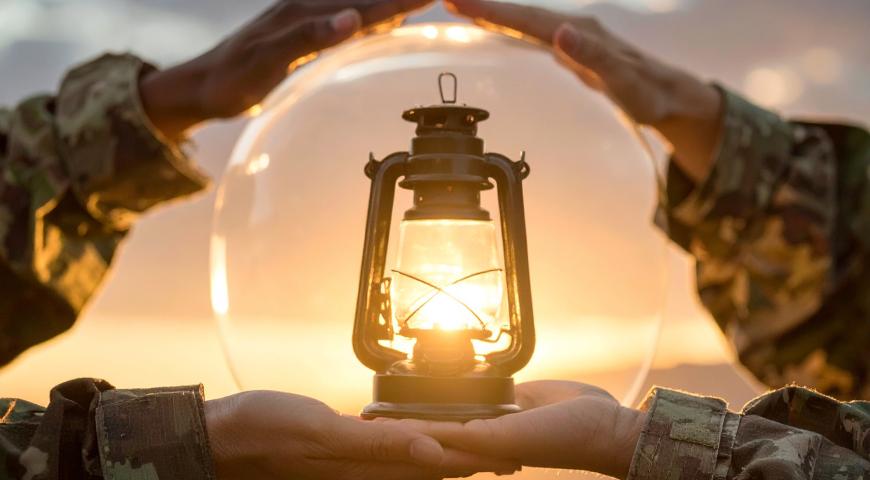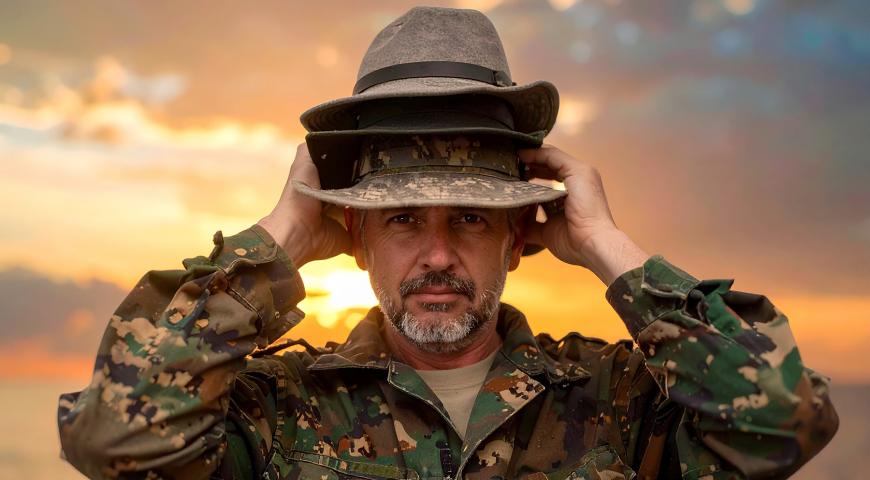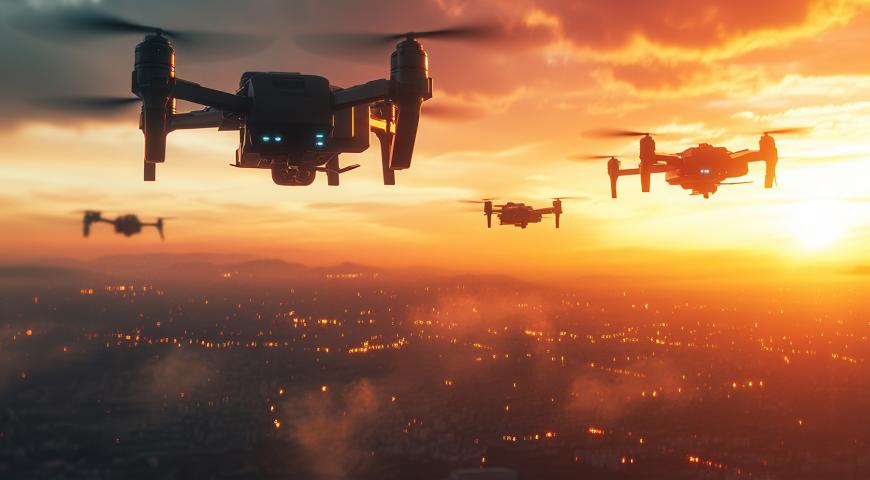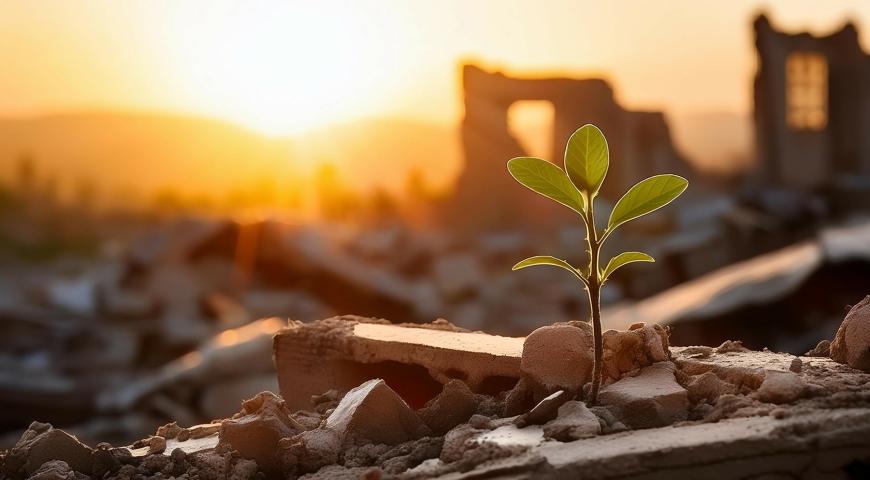Writing and Leadership
Mick Ryan
If you want to be a writer, then be a writer, for god’s sake. It’s not that hard, and it doesn’t require that much effort on a day to day basis. Find the time or make the time. Sit down, shut up and put your words together. Work at it and keep working at it. And if you need inspiration, think of yourself on your deathbed saying “well, at least I watched a lot of TV.1
I am not a very talented writer. I am not even a reasonably good writer. I don’t think that I am particularly creative or imaginative in how I construct my prose. I use passive voice too much. For me, writing is a little more like managing any project. I select an objective, derive the key strands of that project and then build from there. Once the rough shape is complete, I chisel away endlessly until I see something I like. I do not find writing an easy task or something that comes naturally.
It is fair to state that I like building new things. Writing is an act of creation. As an Army combat engineer (my first article in 1999 was on this topic), I was brought up with the motto of fracimus et frangimus. This translates as ‘we make and we break’. And while I always enjoyed demolitions and destroying things, I have always gained most satisfaction from building something new. Whether it is a bridge or even a mosque renovation in a tiny Afghan village, there is something tremendously satisfying about the building of something. I find writing the same. It allows me the possibility to create anything I can imagine. It might be a piece of analysis or opinion. It may be a short story. But these are acts of creation. I think that it is pretty cool.
Over thirty years in the Army, I have learned a few things that I believe should be shared. Writing is one of the best mediums that I can use to achieve this. I have always written down my experiences. Sometimes this is as simple as keeping a daily diary, as I did during my time on the East Timor-Indonesia border in 2000, or in Uruzgan Province in Afghanistan during our tour there in 2006-2007. Other times, it is publishing articles about operational experiences, as I did in the aftermath of my Afghanistan mission. But other times, it is to summarise what I have learned over many appointments in different environments and countries, such as my Mastering the Profession of Arms series, published at War on the Rocks in 2017. Regardless of the topic or the format, I love writing to ensure that some of my hard-earned knowledge remains when I leave this amazing institution.
I view the art of writing – just like reading - as one of the core aspects of my being a military leader and member of the profession of arms. Over many years, and decades, I have continued to build my appreciation of the intellectual aspects of this great profession. Hand in hand with the intellectual side is the need for continually developing a range of communication skills. Writing, at least in my mind, builds research and critical thinking skills. It hones our capacity to communicate and to influence. And being able to communicate effectively, and influence a variety of different audiences, is what being a leader in this profession is all about.
So, military leadership and writing are two sides of the same coin. And I believe that being a better writer makes me a thoughtful leader.
I also use writing as another way of learning new things. It forces me to hone my research skills. This is especially the case with facts, opinions, and analysis that might challenge my current beliefs or knowledge. When I talk to folks in the military about the essentials of leadership, I always emphasise the need for intellectual diversity. It is only through nurturing different ways of thinking in our people that we might solve the very complex security challenges we face. Part of nurturing intellectual diversity is challenging one’s own ideas. So, for me, the foundational research, reading and discussion of writing allows me to challenge my own views and beliefs. It ensures that I practice what I preach.
I have ideas I want to explore, and writing allows me to do this. Our world is changing so quickly. Demographic developments are changing our societies. Technological breakthroughs in areas such as artificial intelligence and robotics, and evolutions of older technologies, are shifting how we communicate, work, trade, entertain ourselves and, of course, fight with each other. Changes in the geopolitical environment are shaping how we think about strategy, strategic competition and conflict. This provides a fertile field for thinking about new ways of war, and new methods of preparing our people for digital age warfare. I want to be part of that.
Finally, I see writing as a way to discuss those things that are important to us as military professionals. I want to be part of the wider discourse – fostered on social media, blogs, journals, unit professional military education sessions, and schools - about our profession. Starting with Twitter in late 2014, it quickly became clear to me that this was the means to connect those of us who not only care deeply about our profession but want to talk about it and have our ideas tested and critiqued. This discourse encompasses our past, as well as contemporary issues and thinking about the future of war and our profession. One of the wonderful things about our democratic society is that we have the freedom to discuss the broadest range of ideas related to our profession, and to criticise the ideas of others. In the end, it allows us to build the healthy intellectual foundation that is critical to success in the profession of arms.
Novelist Stephen King has written that “Writing isn’t about making money, getting famous, getting dates…it’s about enriching the lives of those who will read your work, and enriching your own life as well.”2 I find my writing a source of comfort when I am frustrated, a source of knowledge when I am uninformed, and always tremendously enriching. I see my writing as an indispensable part of honing my approach to leadership. It helps me to think through and craft intent and be better at providing purpose to our people. It is something that I continue to work on. But writing is now part of who I am, wrapped up in my personality as tightly as my sense of humour (or lack of) and appreciation of family and friends. I hope I am a better person and a better soldier because of it.
1 Scalzi, J., Don’t Live For Your Obituary: Advice, Commentary and Personal Observations on Writing, 2008-2017, Subterranean
2 King, S., On Writing: A Memoir of the Craft, Scribner, 2000.
Technical Mastery
Social Mastery
Please let us know if you have discovered an issue with the content on this page.
Comments
Start the conversation by sharing your thoughts! Please login to comment. If you don't yet have an account registration is quick and easy.




